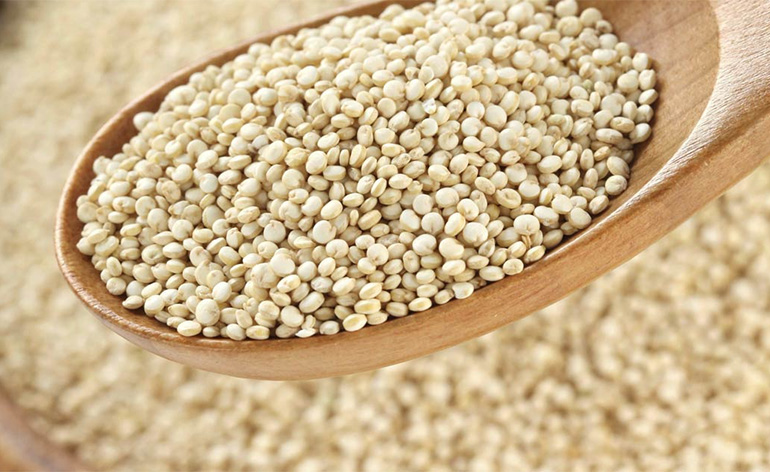
Though considered as a weed by many, amaranth has in fact been used for thousands of years – ancient cultures depended on amaranth as a staple in their diet, for its high concentration of proteins, vitamins and minerals. Some amaranth species are cultivated as leaf vegetables, and its flour and seeds can often be found in health, Asian or Caribbean food stores – sounds good, but should you consume it? Find out more in our Top 5 Health Benefits of Amaranth!
1) Gluten free
Amaranth can be a healthy and less expensive alternative to ingredients usually found in gluten-free products, helping millions of people with coeliac disease or gluten intolerance. Amaranth’s benefits aren’t limited to people with gluten related disorders however – in this day and age, everyone’s going for the gluten-free cakes and cookies. It does benefit coeliacs especially, since amaranth offers properties they can’t gain from the foods they normally have to eliminate from their diet. More on that below.
2) Digestive health
Like a lot of plants, amaranth is high in fibre, but in fact its fibre and mineral content are higher than those of other cereals. The high fibre content provides gastrointestinal benefits. A major role of insoluble fibre is to add bulk to what’s in your gut, which greatly helps eliminate toxins and prevent constipation. The usual recommended sources include wheat bran and wholegrain foods – often no good for coeliacs.
3) Cardiovascular health
Dietary fibre also helps to balance cholesterol in the body by reducing “bad” cholesterol and improving the cardiovascular system. Amaranth contains potassium, a mineral with many important functions, including maintaining a healthy heart. High blood pressure is the major risk-factor for stroke and heart disease and potassium may curb this by helping the body get rid of excess sodium (salt).
4) Growth
Amaranth is a good source of protein, important for growth and tissue cell repair in the body. The plant has a higher protein concentration and is more digestible than many other seeds and grains on the market. This helps the body break down and assimilate this valuable macronutrient. And it’s not just the seeds with its essential oils; the leaves of the amaranth plant also contain a lot of protein.
5) Bone development
Amaranth is high in minerals such as magnesium that boost bone health. Magnesium helps to ensure the correct function of glands that control calcium in the body which in turn affects bone density. Calcium is crucial for preventing demineralisation of the bones – that’s when bones lose mineral content, due to age and sometimes diet. This can lead to osteoporosis, a condition where bones become fragile and prone to fracture. In addition, amaranth leaves also contain a high concentration of calcium.
There are many ways to consume amaranth. The grain-like seed can be added to your regular breakfast cereal, ground into flour for baking, or added to thicken soups and add extra flavour. You can also eat the vegetable leaves in stir fry dinners, starters, soups and salads. Let us know your experience with amaranth and what recipes you’ve been trying!









